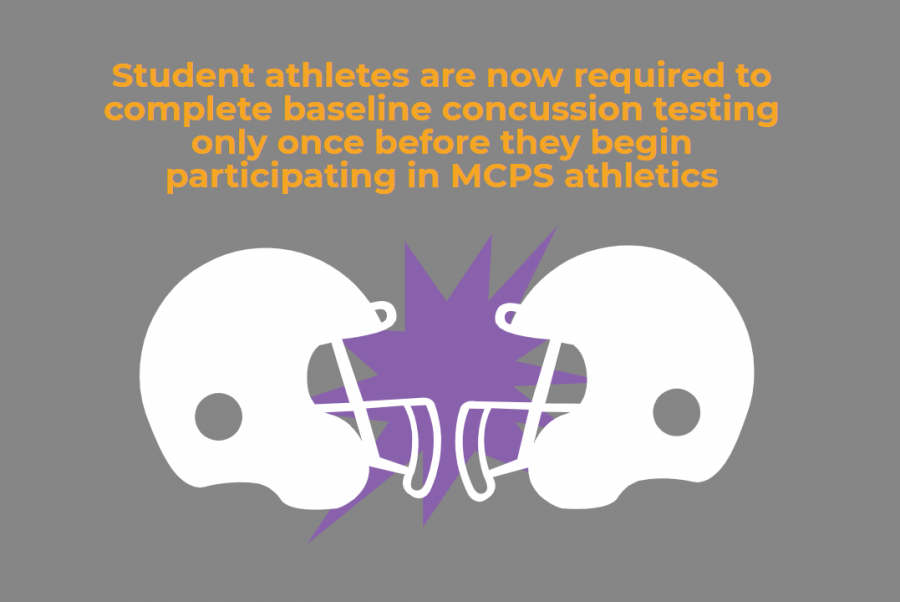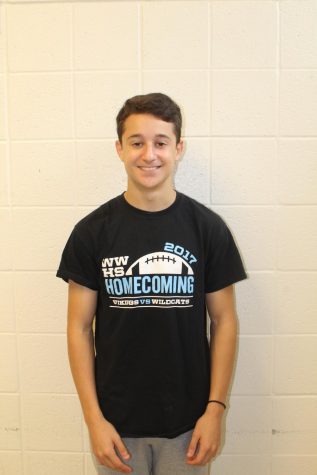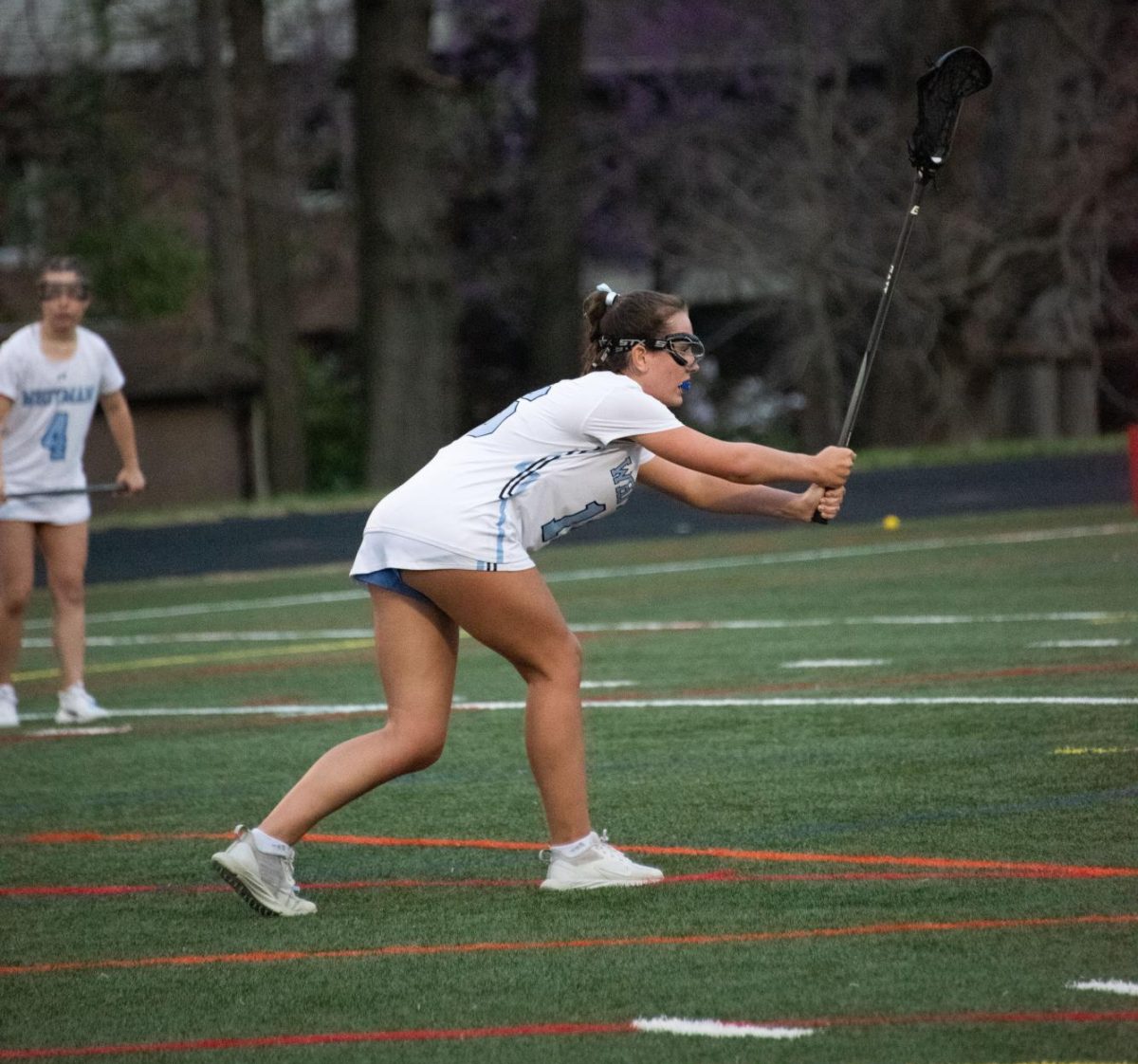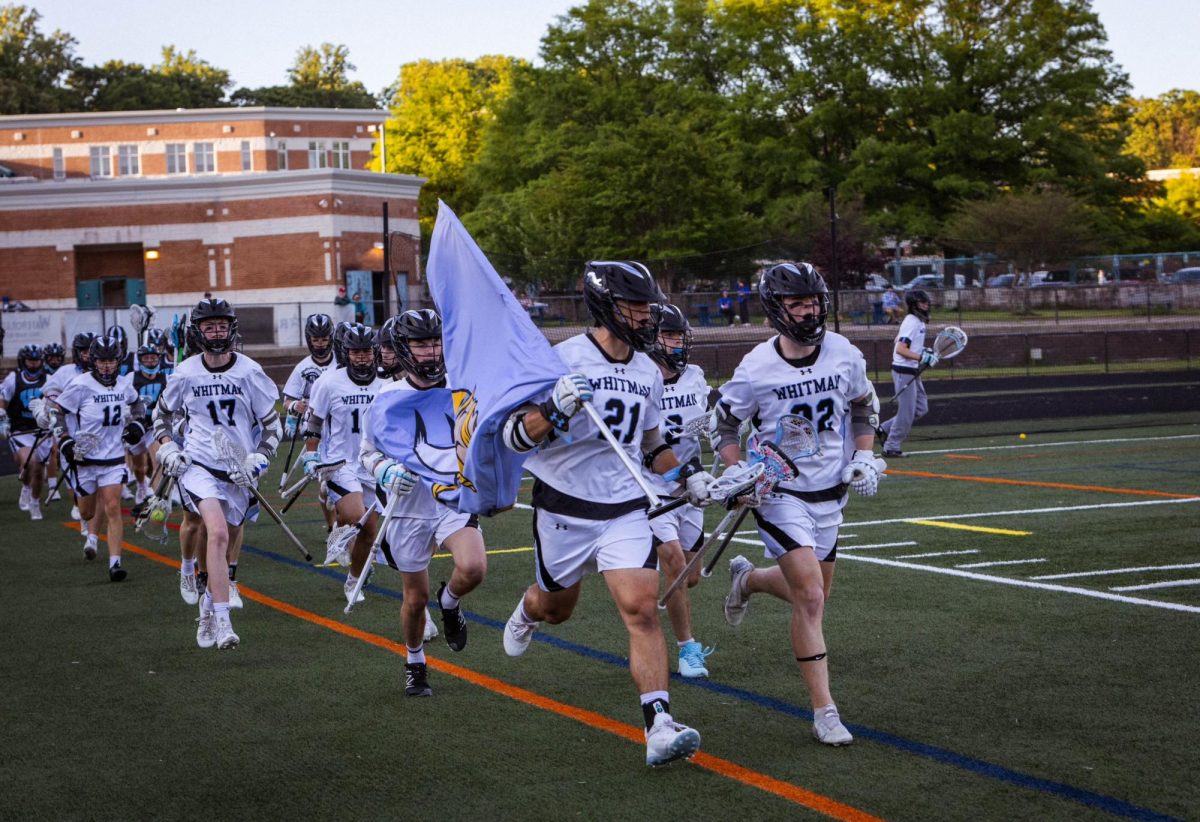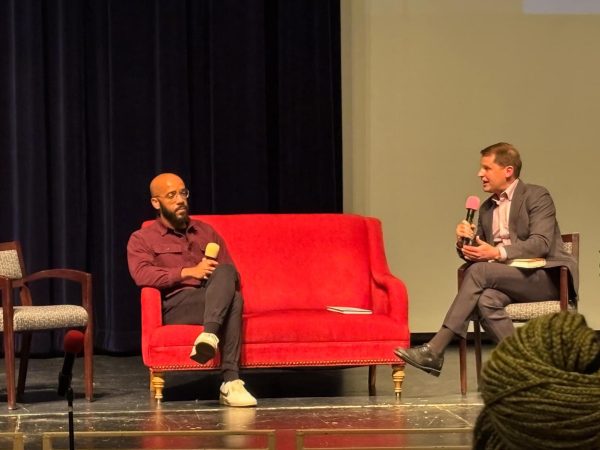MCPS changes baseline concussion testing protocol
October 29, 2019
As of this school year, the MCPS athletics department requires high school athletes to complete baseline concussion testing every fours years instead of every two years.
Student-athletes are now required to complete baseline concussion testing only once before they begin participating in MCPS athletics, Whitman athletic trainer Jenny Maybry said. MCPS first implemented baseline concussion testing seven years ago to help athletic trainers determine whether an athlete has sufficiently recovered from a concussion and is ready to return to play.
MCPS officials made the change because they didn’t believe the tests were useful enough for doctors in assessing concussions. Several student-athletes are upset with the policy change; many athletes begin playing too soon, making it easier to get another concussion.
“Testing should remain at two years,” football and lacrosse player Peter Roegge said. “They should also test us after we fully recover from each concussion so our baseline is entirely accurate.”
Despite being stakeholders in the decision, students, coaches, athletic directors and athletic trainers had no input on the protocol change.
“They held a meeting with all the athletic directors to announce the change and how it would go into effect,” athletic director Andy Wetzel said. “We didn’t really have much say in the matter. We were just told to enforce it.”
Maybry thinks concussion testing is useful, but she pairs it with other diagnostic methods during the recovery process because the tests don’t provide a complete assessment that could qualify an athlete as concussed.
In addition, doctors often don’t know how to analyze the information from baseline testing.
“Doctors should never just be looking at athletes’ scores [from baseline testing] when deciding whether they are ready to return to play,” Maybry said. “It’s one aspect, but they should still be doing a full assessment, and looking at full history before clearing them.”
Despite the county’s reasoning and the test’s limitations in fully assessing a concussion, many student-athletes, especially those who have suffered from concussions, would feel more comfortable with the frequency remaining at two years.
“I have had eight concussions,” football player Sohan Upadya said. “The baseline testing is crucial because I have a unique recovery process and needs after each one. So many kids have head collisions during their athletic careers. It’s too important a problem to push to the side.”



